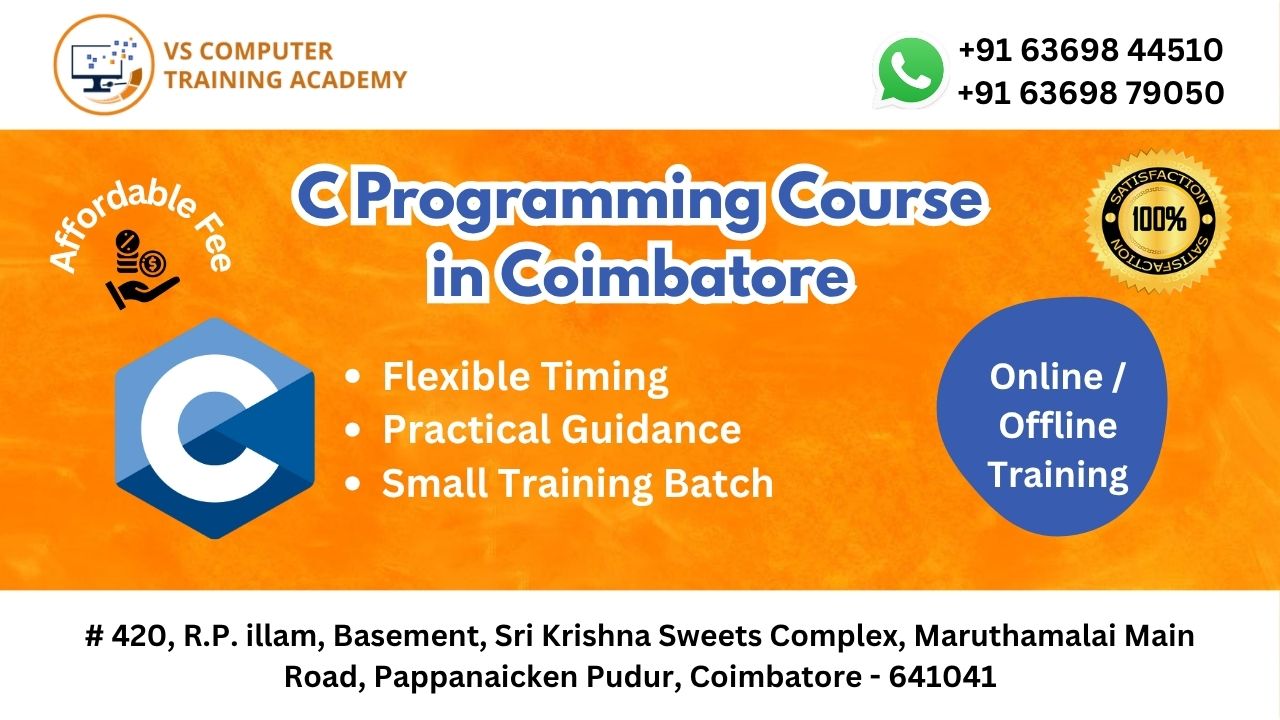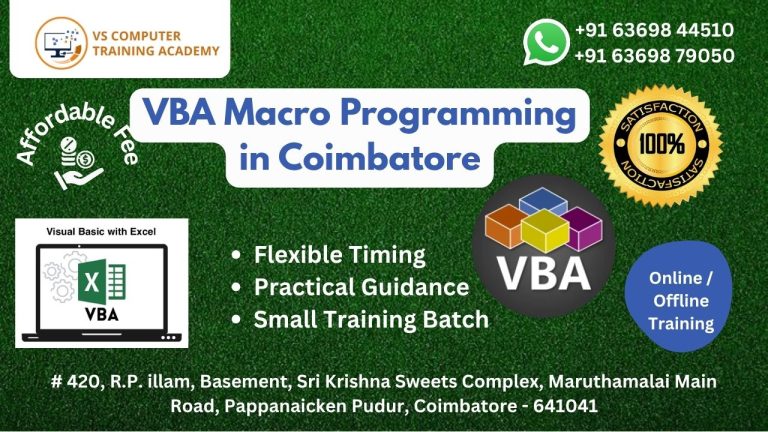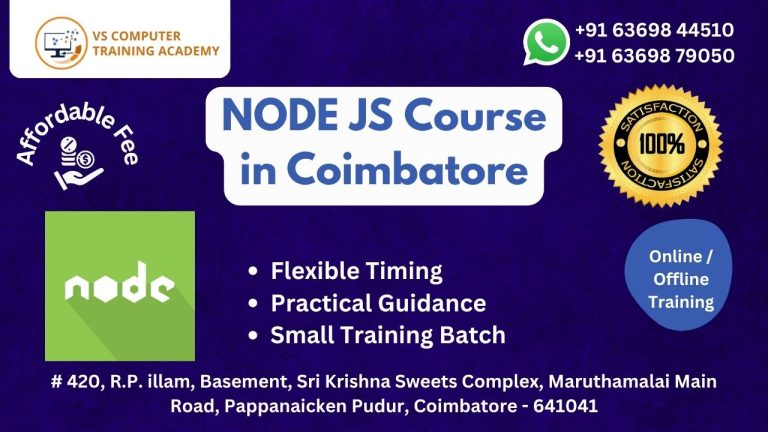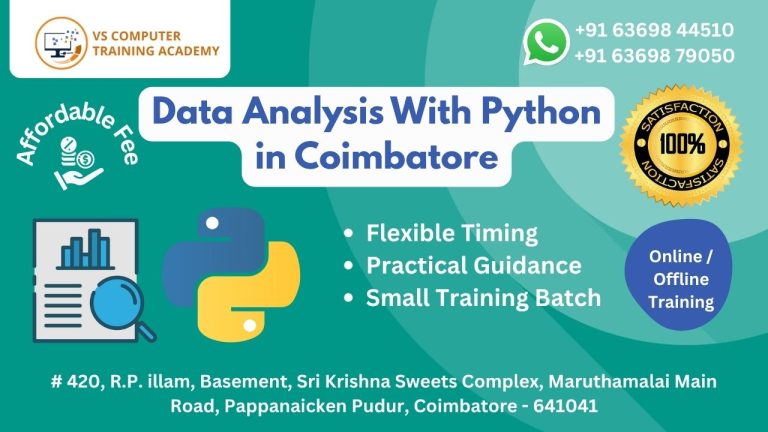C Programming

Learn C Programming: Build the Foundation of Your Coding Journey
C Programming is the gateway to the world of software development. Known as the mother of all programming languages, C forms the base of many modern languages like C++, Java, and Python. Whether you’re a student stepping into the tech world or a professional looking to solidify your logic-building skills, learning C is a smart move.
Why Learn C Programming?
C is a structured, procedural language that enables efficient system-level programming. It is widely used in developing operating systems, embedded systems, compilers, and performance-critical applications. The syntax of C is straightforward, and it promotes deep understanding of how software interacts with hardware.
By learning C, you’ll develop essential programming concepts such as:
Variables and data types
Operators and expressions
Conditional statements
Loops and iterations
Functions and scope
Arrays and strings
Pointers and memory management
Structures and file handling
Who Can Learn C?
C is perfect for:
High school and college students
Engineering and IT graduates
Aspiring software developers
Professionals preparing for interviews or competitive exams
Anyone who wants to learn programming from the basics
You don’t need any prior experience. Just a passion to learn and a logical mindset are enough.
What You’ll Gain from a C Programming Course
Our C Programming course is designed to be beginner-friendly, yet comprehensive. By the end of the training, you will:
Write error-free code with strong logic
Understand how memory works using pointers
Learn how to solve real-time coding problems
Be prepared for technical interviews and coding rounds
Gain a solid base to move on to languages like C++, Java, and Python
Start Learning C Programming Today
C Programming is more than just a language; it’s a mindset that trains you to think like a programmer. Mastering C helps you understand how computers really work, making it easier to pick up any other language in the future.
If you’re serious about your career in tech, C is the best place to begin here.



